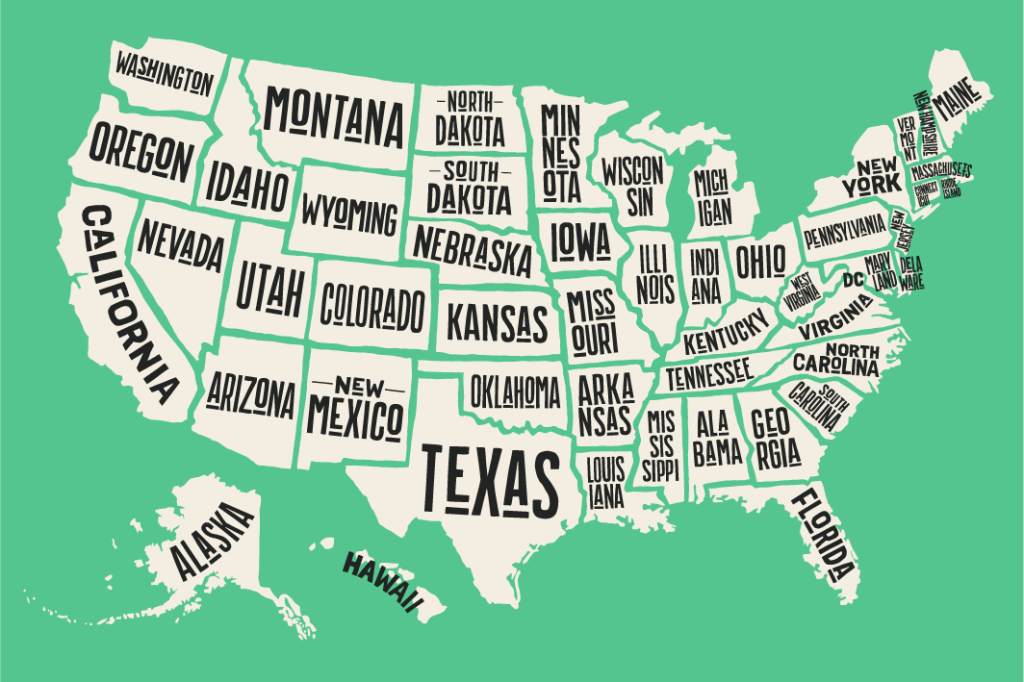Many times, companies typically think of workers compensation as a policy they must purchase and don’t really give much thought as to how to handle workplace injuries. This may give rise to future problems if the policy is not written correctly or doesn’t cover all the exposures. One example of this is surrounding work that occurs out of state. It is essential to understand how to navigate the out-of-state work comp system. Especially when conducting work outside of your home state since it is regulated individually in each state.
The following are some common questions and their answers when it comes to out-of-state work comp:
What should you do if an employee is injured outside of your normal operating state?
In the event that an employee suffers a work-related injury while traveling for business or performing occasional work in a state where the employer does not have workers’ compensation insurance, the employee has the right to file a workers’ compensation claim in the state where the injury occurred. If the employer does not have insurance in the other state, they may be subject to fines or penalties, including the cost of the claim itself. To avoid this, employers have the option of purchasing extraterritorial insurance that covers temporary out-of-state work or an “other states coverage” policy.
In some situations, states have reciprocity agreements that may allow the injured employee to receive the same benefits as if the injury occurred in their home state.
When should you report out-of-state work?
You should report out-of-state work whenever an employee crosses a state border to perform actual work. Even if the employee is working out of state for only one day, it is essential to report the new state to your broker. This ensures that the appropriate statutory coverage is added to your policy. Additionally, some states require specific reporting by carriers, and failing to follow those reporting procedures can result in fines or penalties. Reporting early also gives you estimated rates and premiums, as the cost of the same type of work can vary widely between states.
What should you do if you have out-of-state employees?
When a company has one or more employees who reside or work regularly outside the company’s home state, the employer has three options:
- include the state of residence of those employees in Section 3A under Part One (Information Page) of the employer’s existing workers’ compensation insurance policy, which lists the states covered as primary states, and the carrier reports the coverage to that state on behalf of the employer;
- purchase a separate policy to cover them; or
- purchase an “all-states” workers’ compensation policy from an insurance carrier that provides such coverage.
What about monopolistic states?
Some states have a “monopolistic” or “state fund” for workers’ comp. These states require you to purchase workers’ comp coverage through their state program. Here are the current monopolistic states: North Dakota, Ohio, Washington, Wyoming, Puerto Rico, and the U.S. Virgin Islands. These states should also add “stop-gap” coverage to your current program for “employer’s liability” protection in those areas.
Workers compensation is complex, and inadequately assessing the exposure can result in significant problems for your business if it’s not done correctly.

